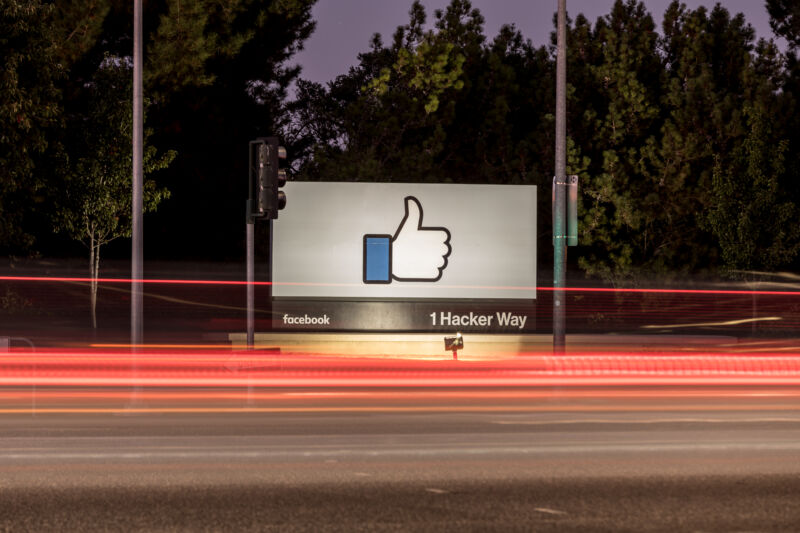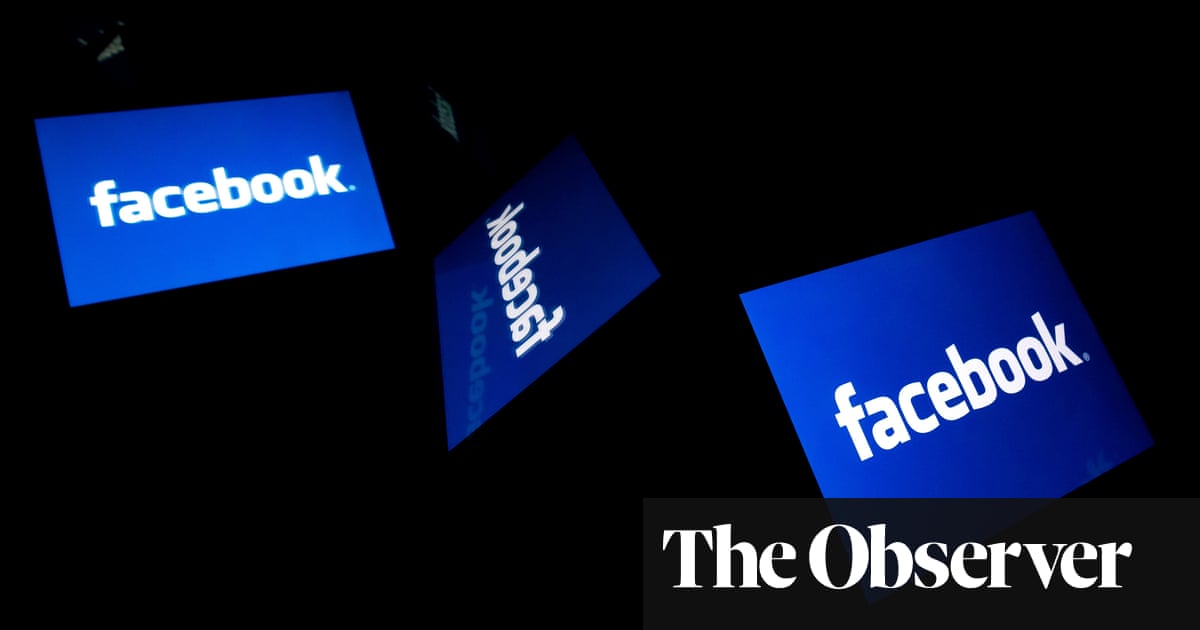Most Germans insist their ancestors weren’t Nazis. Jonathan Glazer’s film pries away at the cracks in this narrative
There is something unsettling about sitting in a German theatre laughing at Nazis. How unsettling depends on the type of humour that prompts the laughter. Is it meant to set the audience apart from the stage action, or does the laughter stem from the discomfort of proximity? When I saw the satire Nachtland staged recently at Berlin’s prestigious Schaubühne (a production also runs in an English translation at the
Young Vic in London
until 20 April), I perceived the ripples of laughter filling the room as a sort of embarrassed self-awareness. Like a tense moment of getting caught – a feeling that every storyteller ultimately longs to evoke.
In the play, which has a present-day setting, two siblings find a painting signed by “A. Hitler” in their dead father’s house. Once they realise that the kitschy artwork is worth more than €100,000 if they can credibly authenticate the artist as Hitler, the siblings start recasting their entire family history in a different light. While the previous narrative had insisted that “our family had nothing to do with the Nazis” (the dominant account in most German households), now suddenly the late grandmother is not only found to be a comitted follower of Nazi ideology, but to have had a love affair with Hitler’s secretary. As the new family history pragmatically, and profitably, unfolds, it becomes much more realistic, ironically, than the hitherto official version.
Fatma Aydemir is a Berlin-based Guardian Europe columnist
Continue reading...
chevron_right



